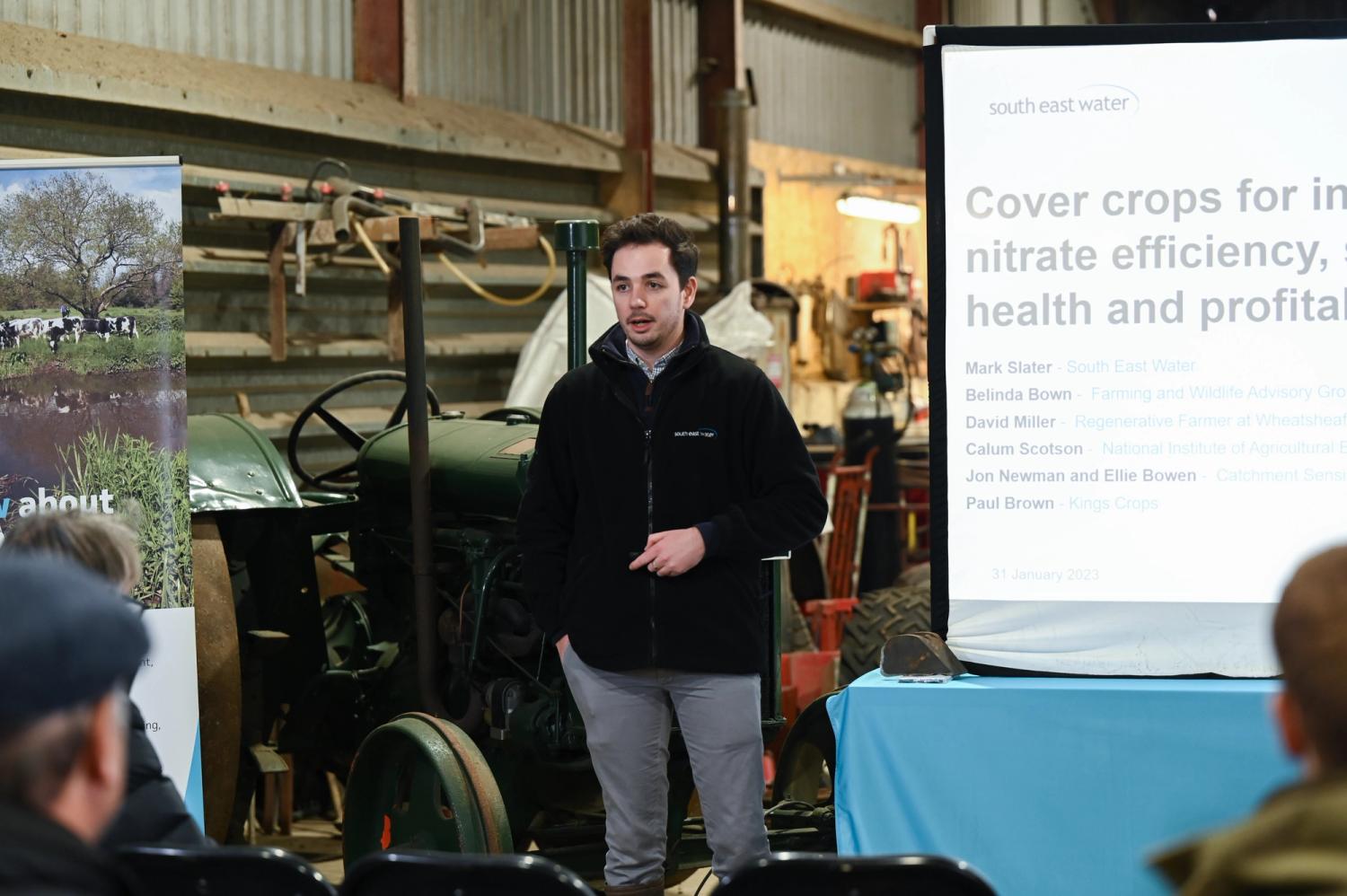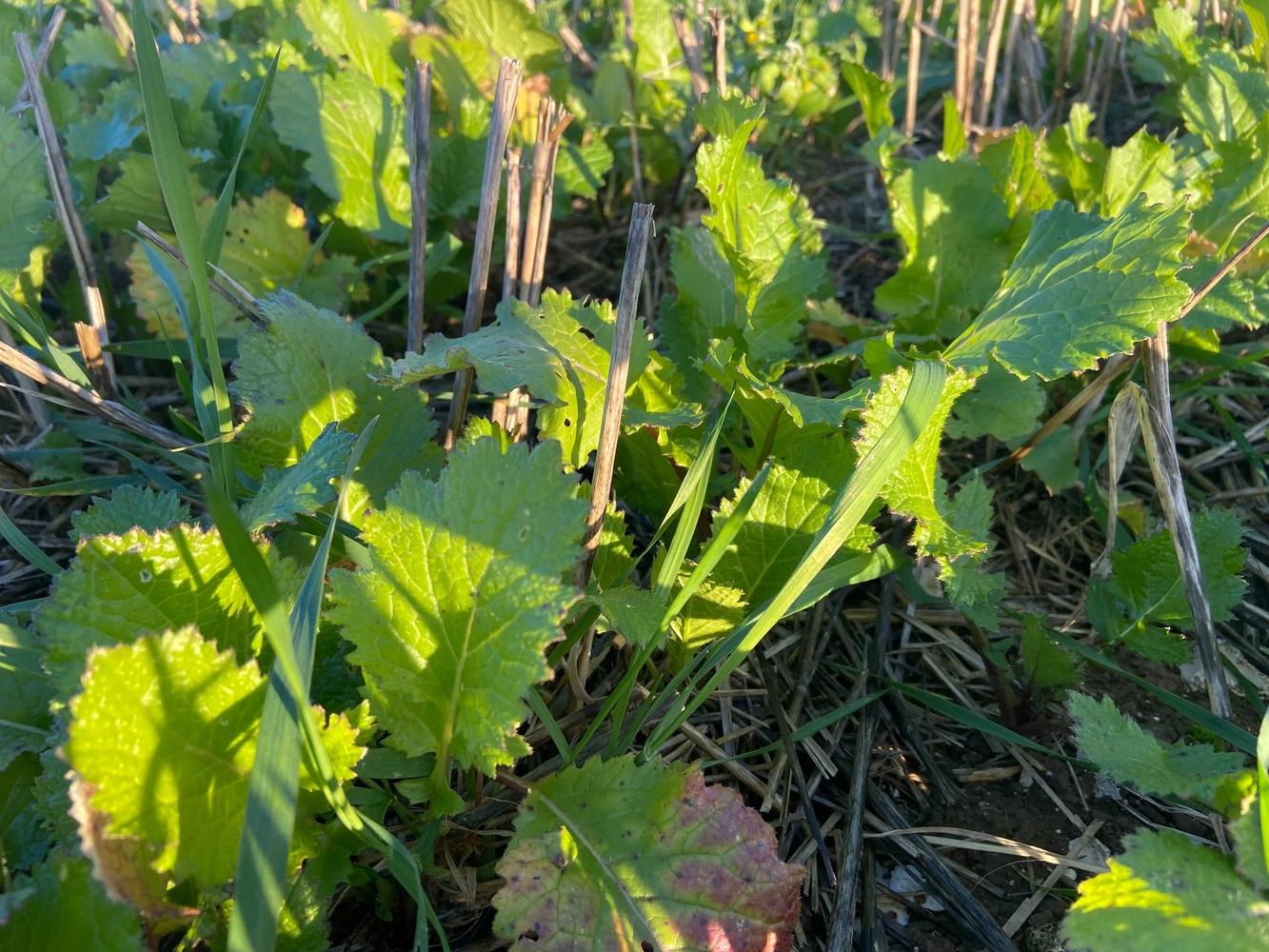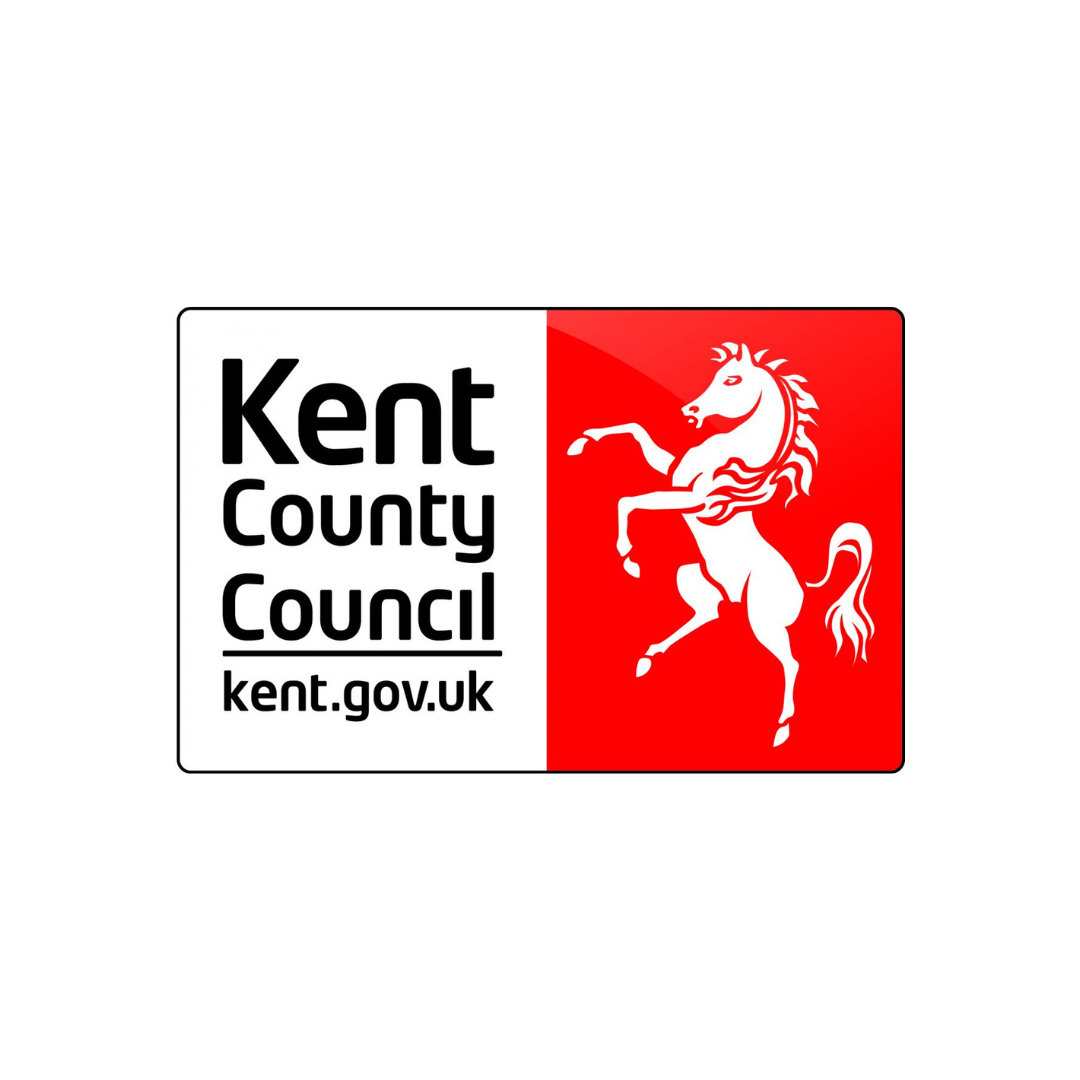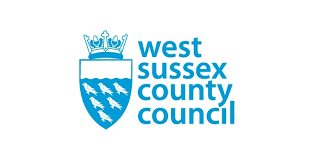At South East Water, we understand land-based enterprises and the pressures placed upon them. We have a dedicated catchment team housed within the environment department of South East Water that specialises in rural land use, which includes agriculture, horticulture, amenities and domestic ventures and allotments.
Protecting the environment and safeguarding our water resources is one of the biggest objectives for the team whom works in different catchments across our supply regions.
Pesticides are primarily chemical substances prepared or used to destroy unwanted pests or stunt growth/development. By their very nature, pesticides pose a potential hazard to the user, and others in the area during and after use, can have a negative effect on the natural balance of the nearby environment/ecosystem, and the possibility of contamination of Surface and Groundwater Sources. If a pesticide is deemed to be the only method to address the issue at hand, the actual risk can be reduced by the careful choice of pesticide, the time and methods of use, weather conditions and the knowledge of the person using the pesticide.
Capital grants
We are working with farmers and agricultural enterprises in targeted catchments to help minimise and safeguard our precious water resources, particularly from pesticides. We have a number of options which focus on pesticide efficiencies and safe handling.
If you are an agricultural enterprise and need this assistance, please visit our Capital Grants webpage to see if you are in one of our delivery areas.


When should pesticides be used?
First of all, do you really need to use a pesticide? There are many ways to deal with pesticide concerns through cultural methods or integrated pest management via the voluntary initiative(opens in a new tab).
Chemical pesticides should only be used as a last resort / or part of the careful management regime in the case of agriculture/horticulture and include:
- Weedkillers (herbicides)
- Destroy fungal growth (fungicides)
- Insect killers (insecticides)
- Rodent (rat) bait (rodenticides)
- Soil treatments
- Wood preservatives
- and a number of other preparations (such as grow regulators)
Aside from agriculture/horticulture, where the use of pesticides is common practice, pesticides are also used by members of the public, often in the garden or on allotments. The potential hazard can be the same as for pesticides used in agriculture and other large-scale operations such as park maintenance and highway management.
Pesticides used by the public are likely to have been obtained from the local garden centre or hardware store and have information on them on the packaging. Please note that domestic use pesticides are not as concentrated as agricultural-based pesticides but can still harm the environment.
Please ensure that you read all the information on the label, as users need to know how to protect themselves, others, children, and animals and safeguard our environment.
What should I consider when choosing a pesticide?
Before selecting a pesticide consider the following:
- Always identify the pest before any treatment is applied.
- Do you really need a pesticide?
- Pesticide applications should always be primarily a reactive, rather than preventative application
- Can the problem be solved by changing environmental conditions or cultural treatments (cut and remove or rolling)
- Chemical pesticides may often kill beneficial organisms / beneficial predators, which help to keep pests under control
- The final consideration before purchasing any pesticide is the effects on non-target organisms and the effect on the environment and raw water quality. If you have any questions or concerns, please feel free to email us at catchment@southeastwater.co.uk(opens in a new tab)
Safe disposal of pesticides
The safe disposal of chemicals is at the heart of our messaging, and to help assist in this matter. We have this dedicated webpage, which will be reviewed and updated to ensure that agricultural enterprises and other rural land use (domestic or commercial) are aware of where they can safely dispose of unwanted or out-of-date pesticides and other chemicals.
The below web links are Council based waste facilities that offer free or reduced-cost waste disposal. Please note that there are restrictions that need to be adhered to and highlighted by each county council. These can potentially change, so please ensure that you keep up-to-date with the conditions set out by each individual council; it is your responsibility to be aware of the restrictions highlighted by each council-run facility.
Hampshire County Council
This page which items can be disposed of with a link to the local waste sites. Please remember to check if you need to book an appointment before turning up.
Large quantities of pesticides
For the larger quantities, where your local area will not accept chemicals/pesticides at their waste sites, the government webpages and hazardous disposal can be used to find appropriate companies nearby who will be able to assist.
If you have any comments about the webpage, all wish to get in contact with us about any of our catchment initiatives, including our capital grants scheme please feel free to contact us at catchment@southeastwater.co.uk (opens in a new tab)



